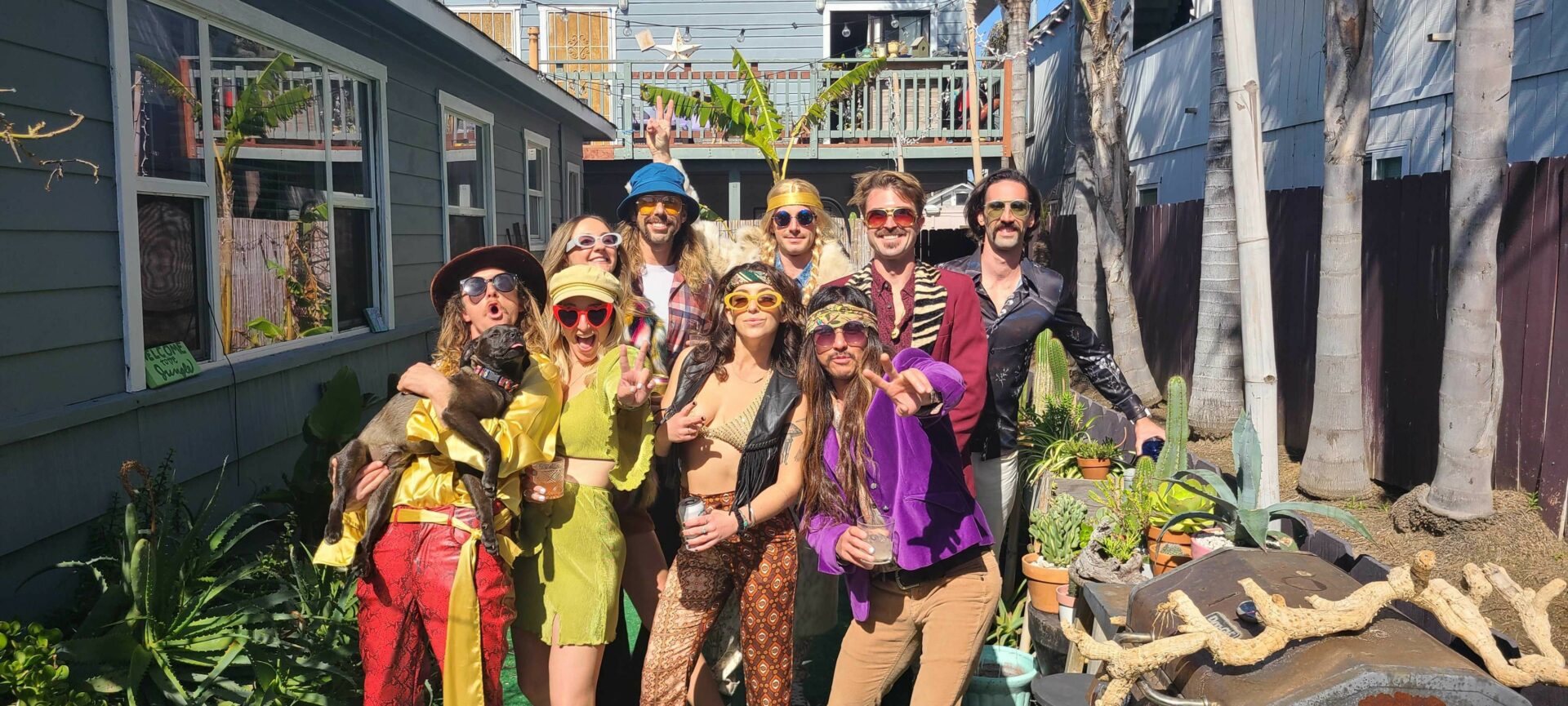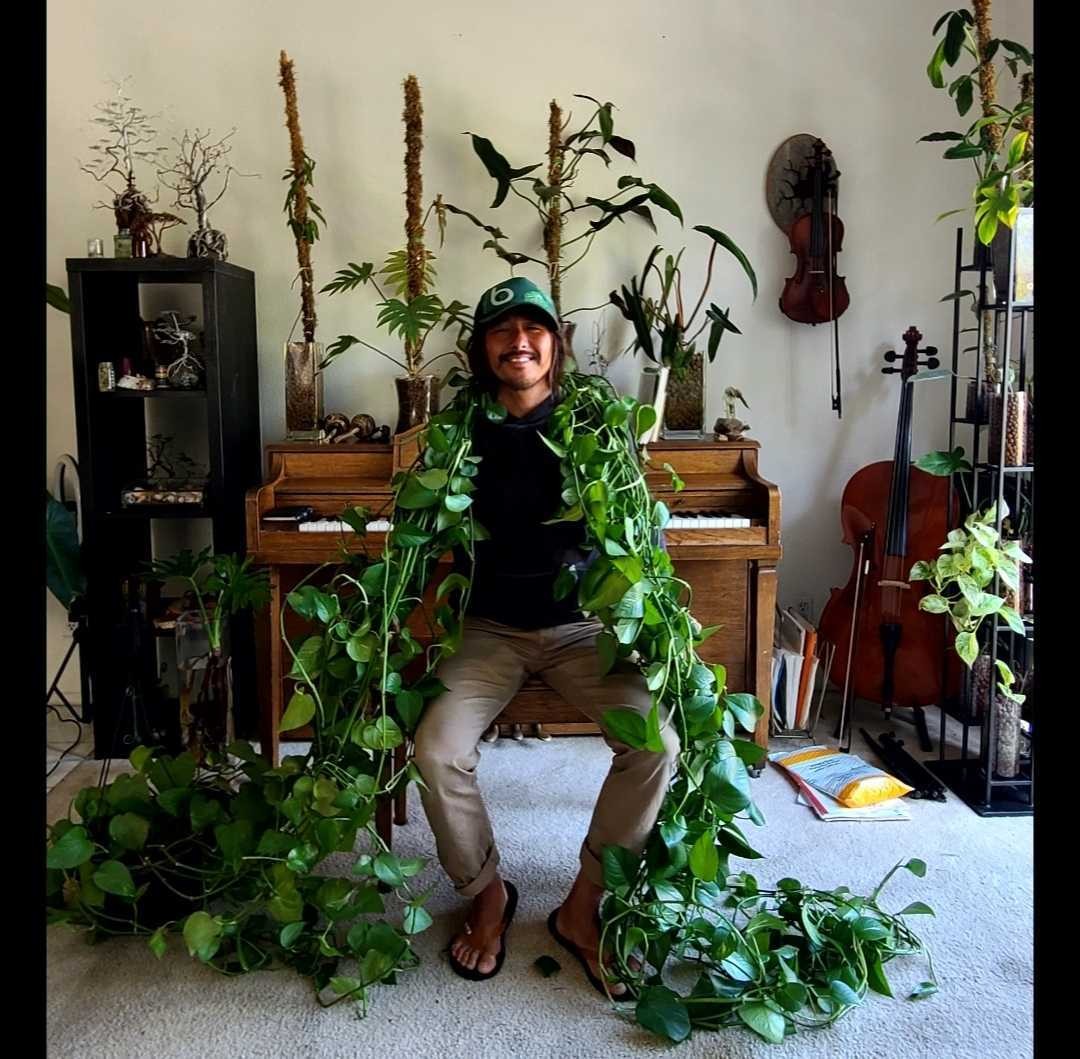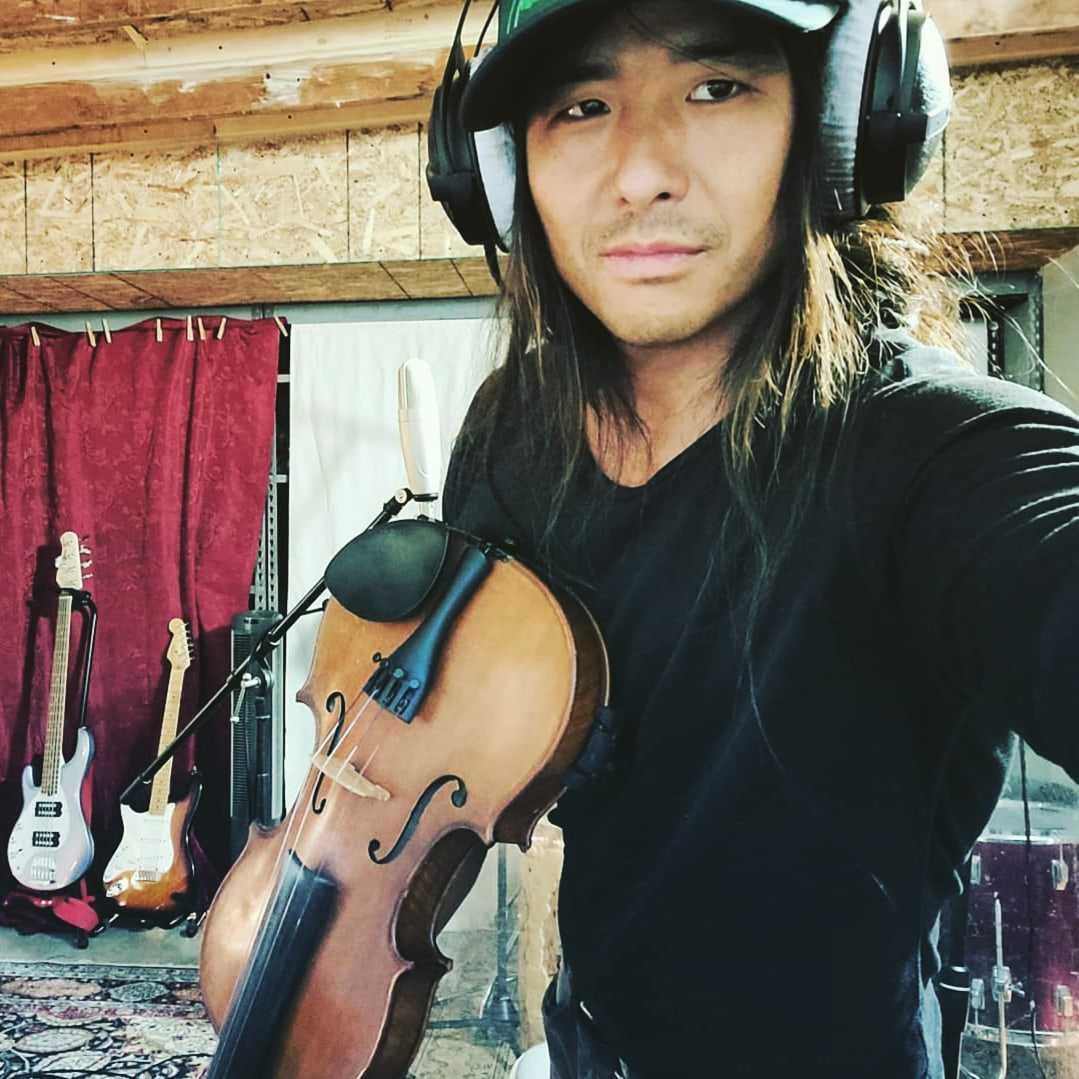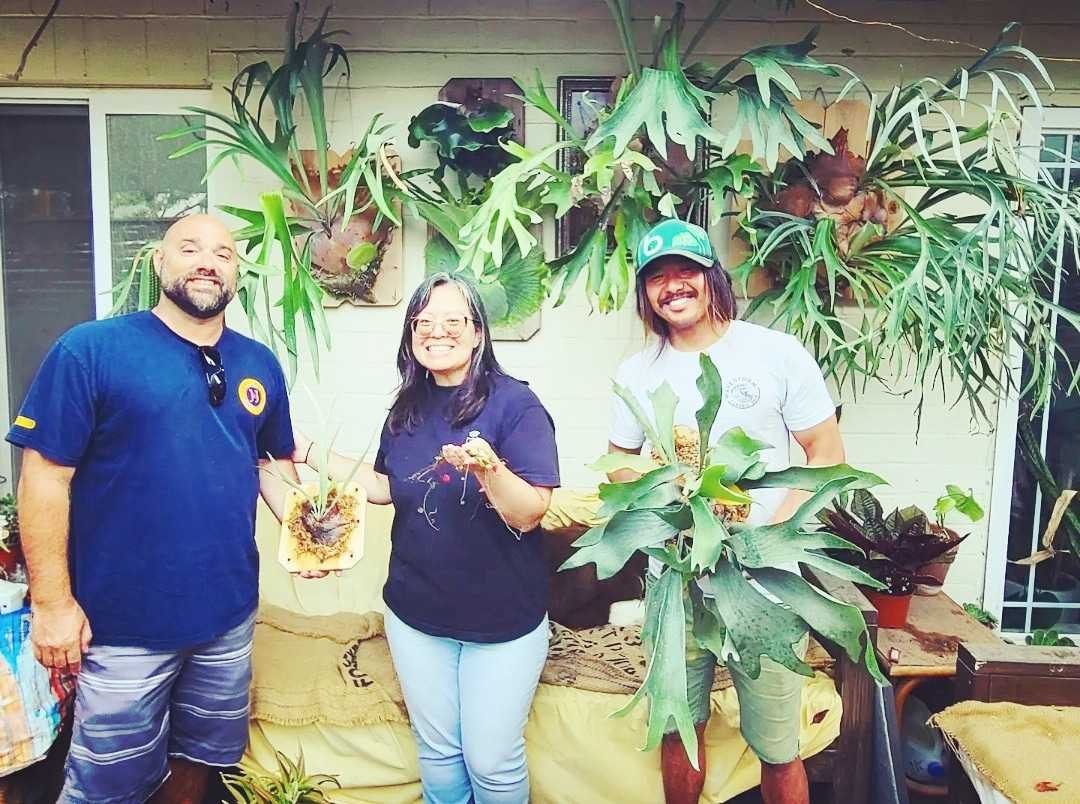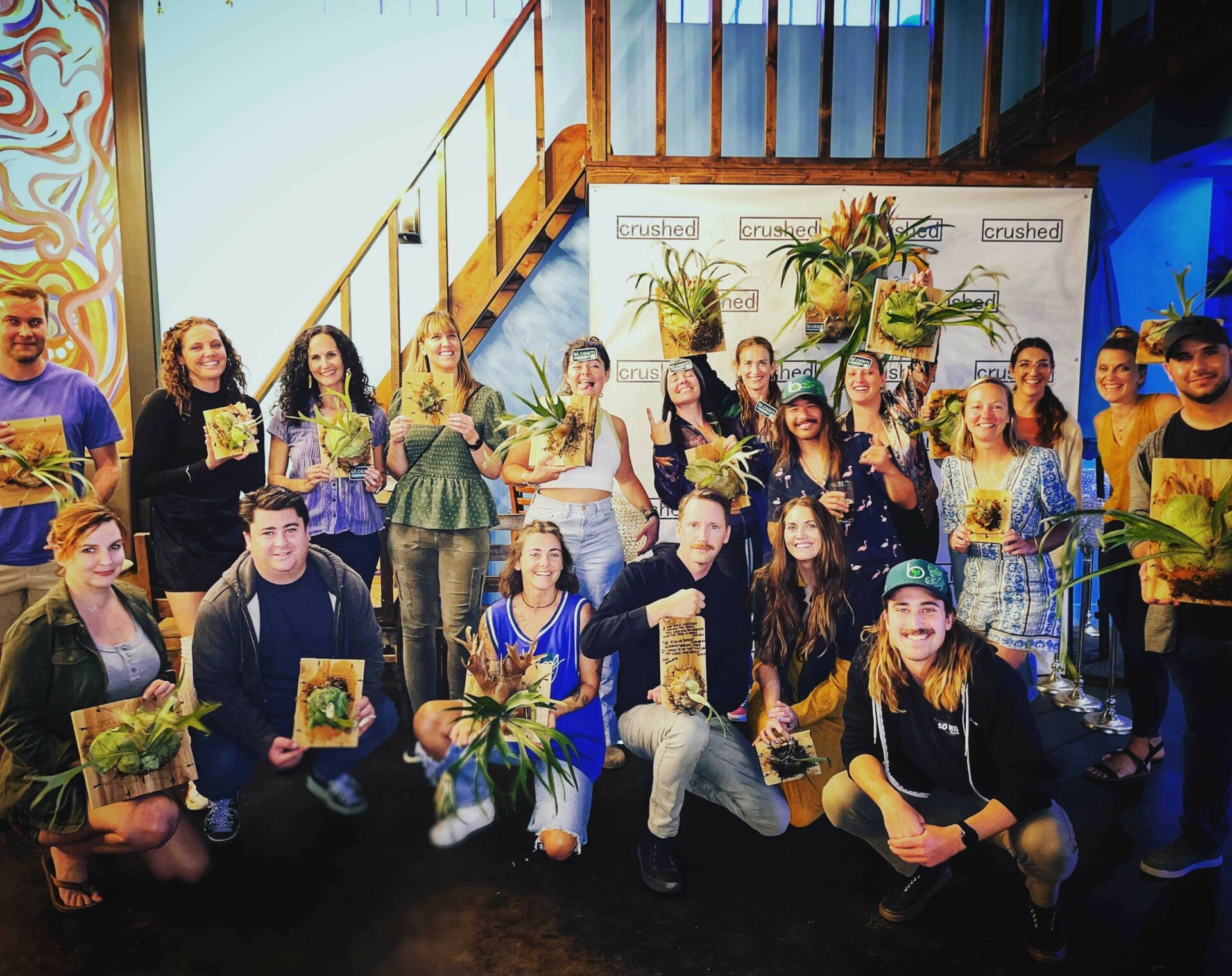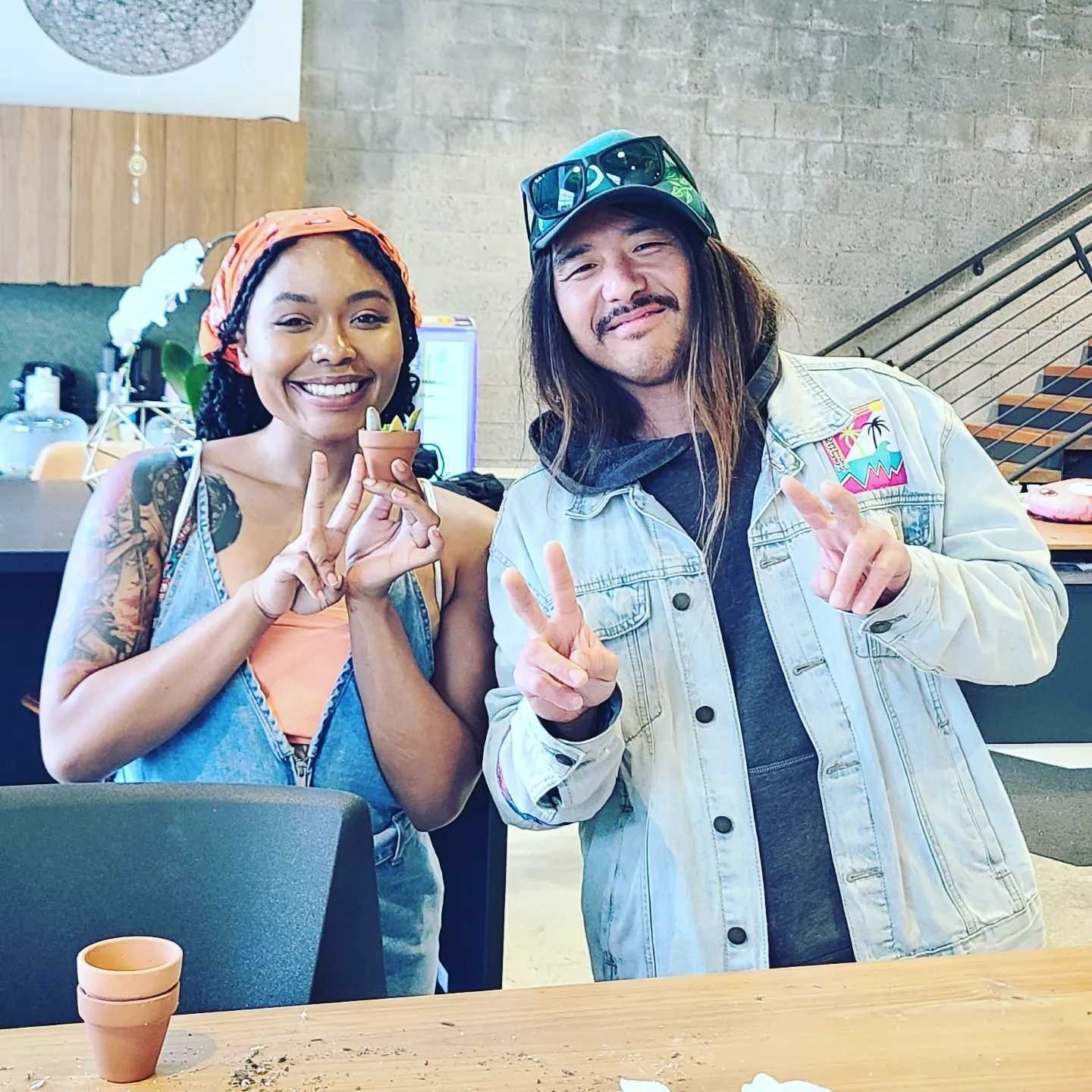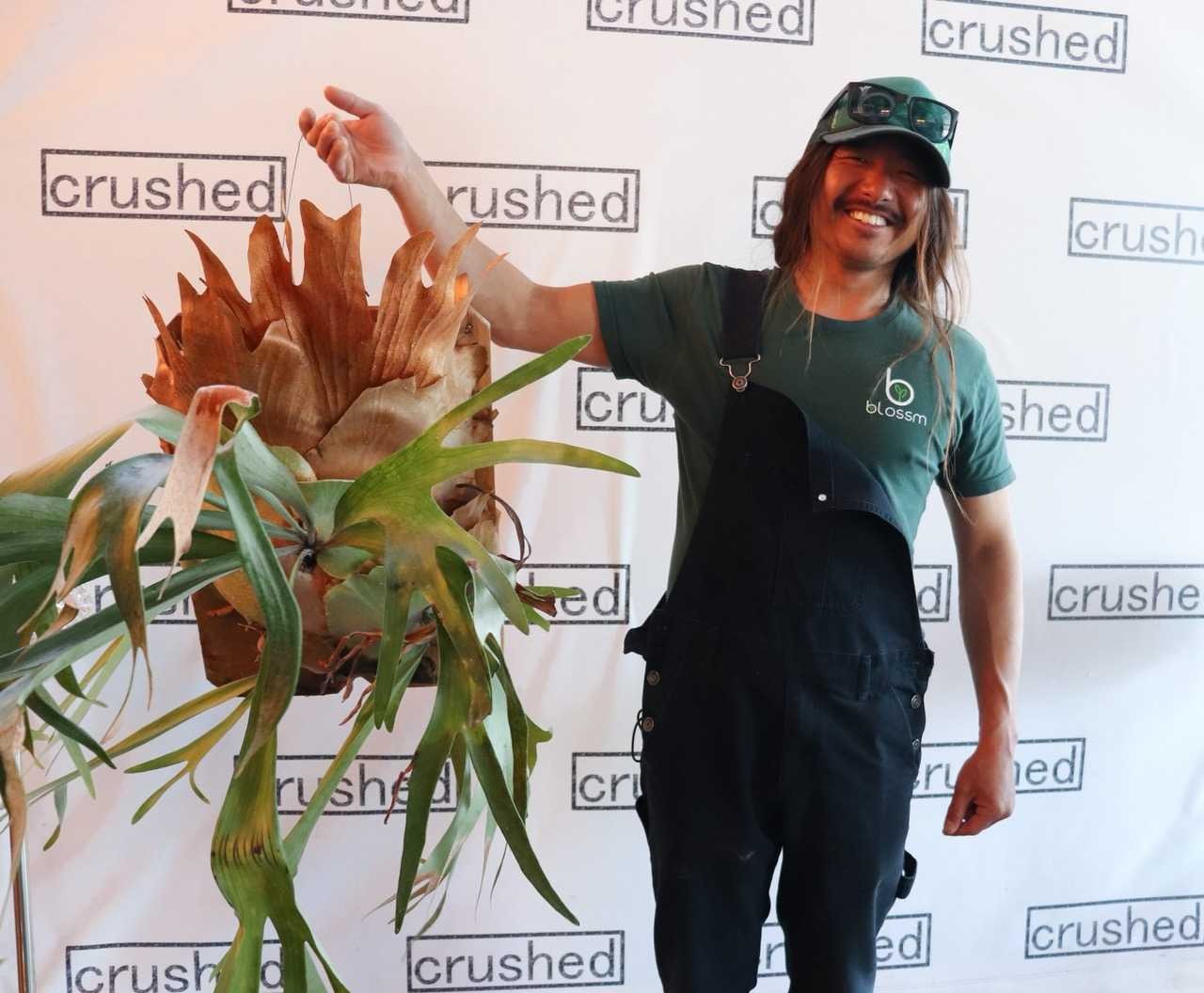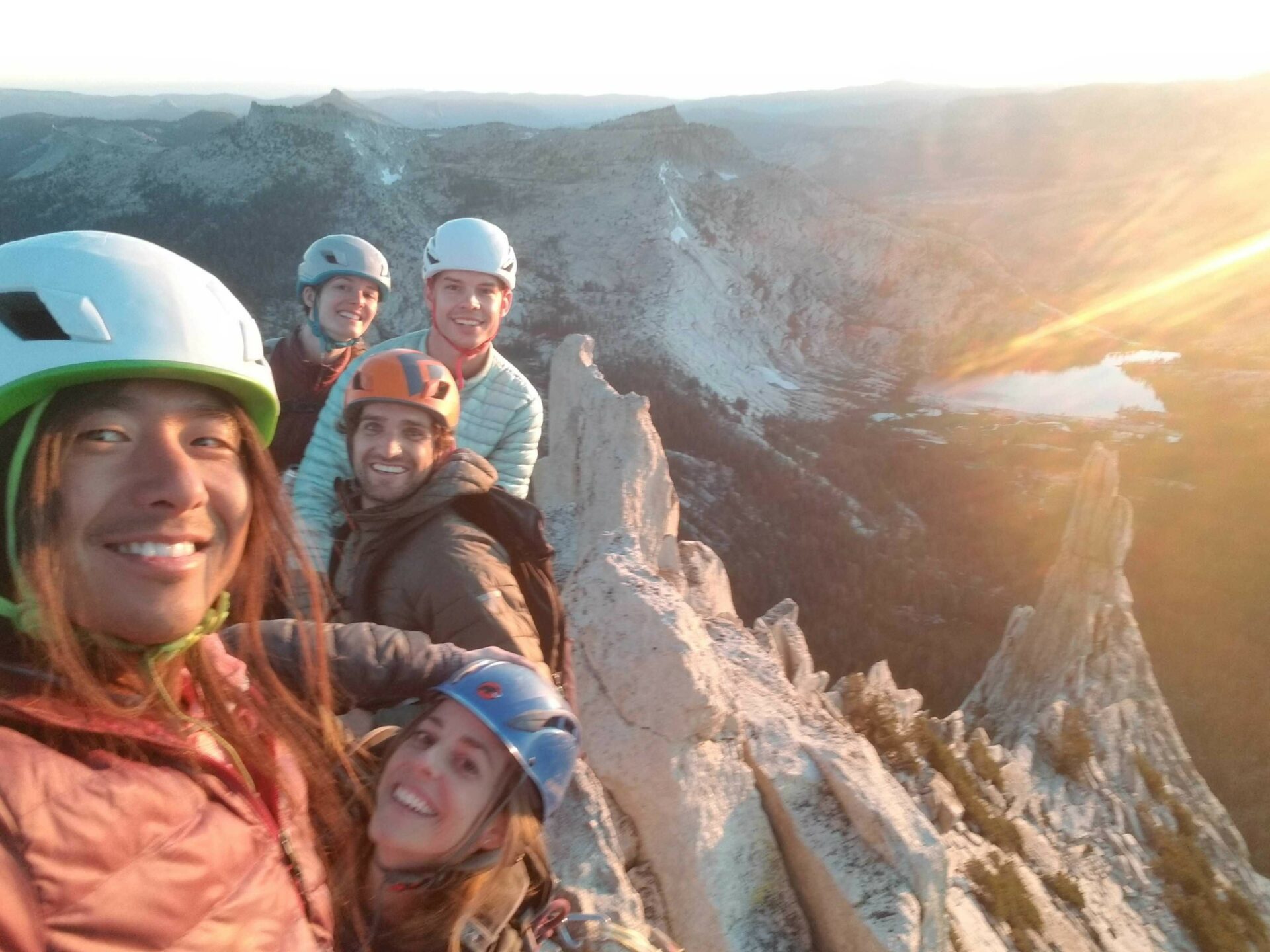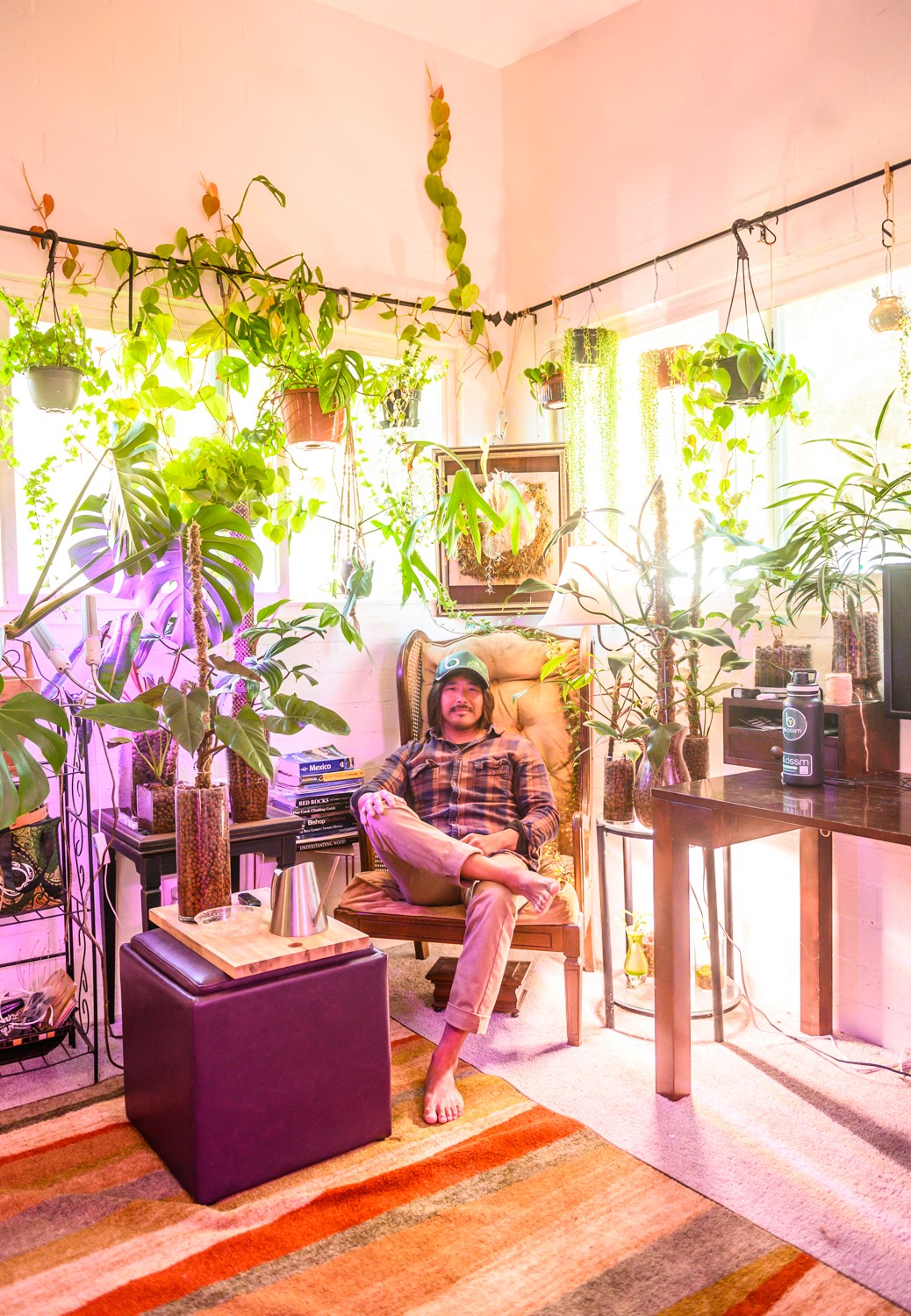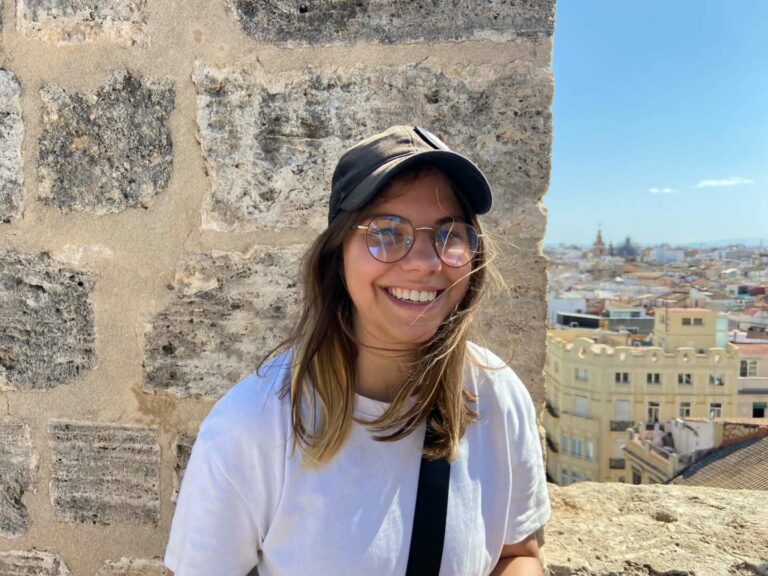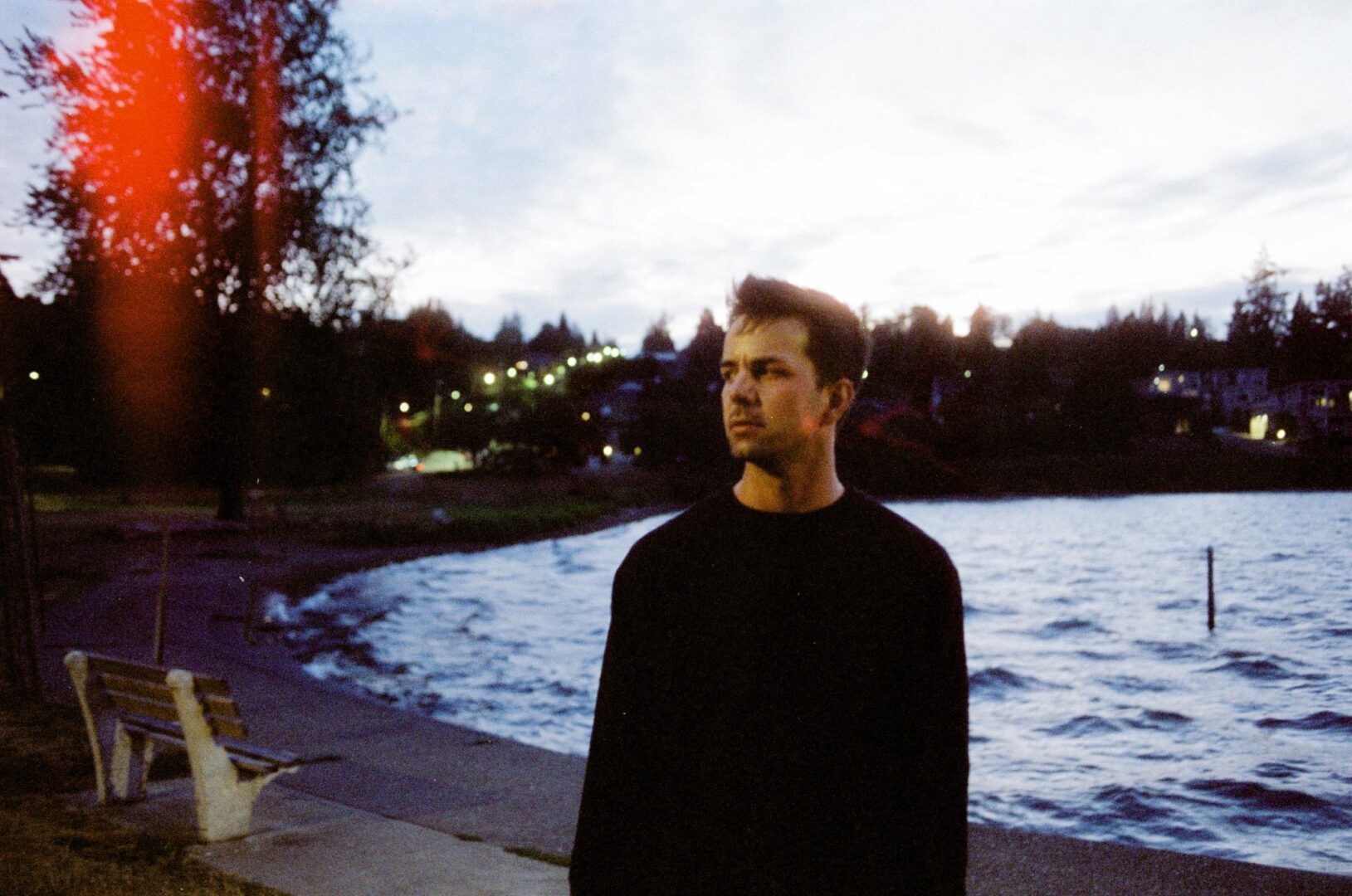We’re excited to introduce you to the always interesting and insightful Brian Feretic. We hope you’ll enjoy our conversation with Brian below.
Hi Brian, thank you so much for agreeing to open up about a sensitive and personal topic like being fired or laid-off. Unfortunately, there has been a rise in layoffs recently and so your insight and experience with overcoming being let go is relevant to so many in the community.
I was actually laid off twice due to acquisitions in the biotech space…
In 2010, I moved out to San Diego from NYC for a masters in Neuroscience, with the intention of enhancing my CV. I was focused on a tenure-track path, and aspired to pursue my doctorate at UCSD in a Neuroscience lab investigating neural plasticity holistically via optogenetics (Biological technique to control the activity of neurons or other cell types with light; super cool!)
After being denied twice to this lab (I’m seeing a pattern lol), I opted to join the private sector. I worked at startup Receptos, a biopharmaceutical company focused on drug discovery for the treatment of immune and inflammatory diseases.
Initially around ~30 people when I joined, Receptos grew rapidly with our potentially groundbreaking drug, ozanimod, in late-stage clinical trials as a treatment for 3 indications: multiple sclerosis, ulcerative colitis, and irritable bowel syndrome. A few years later, we were acquired by Celgene, a corporate biotechnology company, which was aggressively looking to expand its business and diversify.
They promoted alignment in our cultures and there wouldn’t be any significant changes to Receptos. Perhaps I was naïve, but Celgene eventually laid off the majority of the research staff. I treated myself to some much needed time away from the bench and took advantage of the golden handcuffs that were no longer bound. I believed it was prudent to set aside time for myself to review my values and ideologies, my current path, and set goals for the future. The layoff provided the necessary time for me to process these thoughts and have a clearer vision for what I wanted to do with my life.
The itch to investigate and research came back strong and I returned to science. I applied directly to Celgene and assumed the “mother ship” would provide stability. I was comfortable with the idea of spending 15-20 years there, maxing out my 401k, and building up wealth to become a homeowner; the standard, safe path. I secured a scientist position focused on enhancing immune function to more effectively target cancer cell populations. However a few months laters, Celgene was acquired by Bristol Myers Squibb for 74 billion dollars!
The acquisition took time due to its magnitude, but I knew what was coming. I started interviewing at other biotech startups, but felt that I would be cast in the same situation, helpless to control my future in an incredibly volatile industry. I sought autonomy. I wanted to drive my own destiny and build something for myself, which would also benefit the greater good.
After the second lay-off, I once again reflected on my career path to figure out what I truly valued. What were my passions? Graduate school in Neuroscience and my biotech career laid the foundation for my foray into horticulture as a hobby, applying my curiosity and science skill sets into investigating plant questions. Turns out I was intensely passionate about plants and really wanted to find like-minded people who felt the same way. Teaching people and sharing knowledge that I learned from my experiments was even more rewarding! I wondered if there was a way I could create something to fulfill these needs on a much broader scale.
Ultimately, I overcame these layoffs by taking matters into my own hands, pursuing a passion project, and forging a new path into entrepreneurship. After a fortuitous plant swap experience with a neighbor, I realized that there was a major need for a plant-dedicated platform to create connections on a more personal level. A place where they could learn about nature through plant cultivation from peers, share this knowledge with each other, and most importantly, create friendships and community through this shared love!
It was a leap of faith, but almost 4 years later, my company Blossm now is a team of 4, has raised ~$250k, and grew a thriving community of 30k+ users who share knowledge, teach one another about plant care, and now are part of one big happy plant family.
This startup path is also incredibly uncertain, but working with 3 friends, building a wonderful platform for ourselves and our fellow plant enthusiasts, and delivering value and happiness to the greater community has been a dream come true. I wouldn’t want it any other way.
Appreciate the insights and wisdom. Before we dig deeper and ask you about the skills that matter and more, maybe you can tell our readers about yourself?
I found researching neural circuitry fascinating. I felt the biggest mystery lay within ourselves; our brains. Discovering the neural networks driving human decision making, emotions, the “why” behind our behaviors, not only piqued my interest but I knew had significant implications for medicine, mental health, treatment efficacy and helping people.
When I wasn’t in the lab, I spent my spare time surfing, rock climbing in Sierras, hosting art nights, and playing music. But for the last 7 years, I progressively found myself tending to my plant collection, experimenting with growing techniques, testing propagation mediums and systemically approaching horticulture as a science.
Plants started to creep into every aspect of my life! I decorated my house with them, pretending to be an interior designer integrating nature into my home. My artistic pursuits became inspired by a leaf pattern or the root system of a tree. I created a live edge redwood table utilizing resin to preserve specimens of my favorite plants. I loved identifying species out in the wild, especially on surf trips to places such as Nicaragua, Costa Rica and mainland Mexico. All the exotic houseplants in my plant collection, mostly in the genera of Philodendrons, Monsteras, and Epipremnum, natively grew in these tropical surf destinations. Plants became such an influence in my life, I’ve become known as “plant daddy” to acquaintances, friends, and family.
Naturally, my love of house plants drove my new career, introduction to the tech space and becoming a founder of a company, Blossm. It started off as a passion project but I always knew if I focused on creating a novel and valuable experience for an underserved community, it could become a successful and sustainable business.
After navigating a few years of testing new product features, growth strategies, and branding, we’ve settled on a clear vision, returning back to our roots. The future of Blossm will focus on growing your collection, sharing knowledge and plants with each other, and promoting education & plant care to build community and share this green journey together. We just launched a new feature this June called: “My Jungle,” which will lay the foundation for the new vision. If you’re into plants at any level, check out Blossm in the app stores (iOS & Android) and grow your green thumbs!
If you had to pick three qualities that are most important to develop, which three would you say matter most?
It took me a while to pick 3, but these are the qualities that have been critical for my Blossm journey as a 1st time founder:
Passion & Perseverance. Don’t give up too soon. Most startups fail simply because they were not given enough time to succeed. I always tell myself that if you work hard and survive, your chances of “luck” or having a big breakthrough drastically increase. It’s a marathon, with lots of peaks and valleys to navigate. Failure isn’t a bad thing, but it’s inevitable. My science experiments failed probably over 90% of the time, and I believe that’s a similar percentage for startups. However, every failure is an opportunity for growth.
Obsession: As the idea-founder and resident plant expert, I became obsessed with understanding my audience. I spend hours a day monitoring plant FB groups, interacting with our Blossm community, and diving deep into their wants, needs and especially pain points. Intimately understanding the behaviors and unique problems of your audience will lead you to appropriate solutions to deliver a valuable experience.
Don’t be afraid to ask for help: Blossm’s success has been fully contingent on the network of friends, family and plant community that have helped me out over the last 3+ years! From sharing an Instagram post, teaching me how to run FB ads, donating money to our Kickstarter, playing music at a Blossm plant swap event, to assisting with branding, product road map strategy, mental health therapy and mobile app auditing… The list is endless! Put yourself out there, and ask for help if you need it. You’ll be surprised how many people say yes!
What would you advise – going all in on your strengths or investing on areas where you aren’t as strong to be more well-rounded?
I believe this question’s answer depends on the nature of the endeavor. I’m an advocate of personal growth and life-long learning, but I’ll provide my thought process with Blossm as an example.
After the initial conception of Blossm, I knew the potential scale of it would require a team of people. After going through the initial personal problem I was seeking to solve, researching the market, and outlining the initial branding and UI/UX of the product; I needed to actually build it
I had 3 options:
Learn how to program
Outsource or hire a programmer
Bring on a technical cofounder
After trying my hand at programming for a month, I realized that this would take an incredible amount of time, and I also didn’t want to sit in front of a laptop. I spent nearly a decade at the lab bench and didn’t want to trade it in for a computer. After looking into outsourcing the tech, I understood this process may not move fast enough as it would be critical to immediately address the inevitable bugs and other product issues. A bug that negatively-impacted function or rendered the application unresponsive could potentially lose a user forever. Additionally, it would be quite expensive and I didn’t have enough personal capital.
I eventually chose option 3, and started to interview friends I knew were involved in the tech space. I eventually landed on my friend, Nick Mitchell, brought him on as co-founder and we started working on Blossm a few months later.
Over the course of the two years, we operated as a duo, with Nick part-time working on Blossm on the side. As we grew and got traction, it was clear we needed more tech resources and someone that understood the startup world, fundraising and how to optimize our operating processes. Once again, we filled in gaps, and landed on Nick’s brother, Calvin Mitchell, for additional tech support, and Ari Olmos, who started in a COO type role and really helped us take a leap from passion project to business. He has now shifted to CEO this year to help raise funds for Blossm to scale and give Blossm the best chance to grow!
I would recommend understanding and defining your own strengths, followed by areas that may need work, and seek out help. My previous science career and musical “jam” sessions taught me the power of collaboration. The beauty of teaming up with people with different strengths, perspectives, and knowledge provides exponential opportunities. It’s incredibly difficult to do it on your own. Seek complementary partners or experts that can help guide you, teach you, mentor you or even partner up to make something grand!
This framework can apply anywhere and I would be excited to chat with anyone that would be interested to hear more!
Contact Info:
- Website: https://blossm.garden/
- Instagram: https://www.instagram.com/braddahbry/
- Facebook: https://www.facebook.com/blossmplantswap
- Linkedin: https://www.linkedin.com/in/brian-feretic-3b2b337a/
- Twitter: https://twitter.com/BlossmLLC
- Youtube: https://www.youtube.com/watch?v=GTFBagzJ_18
